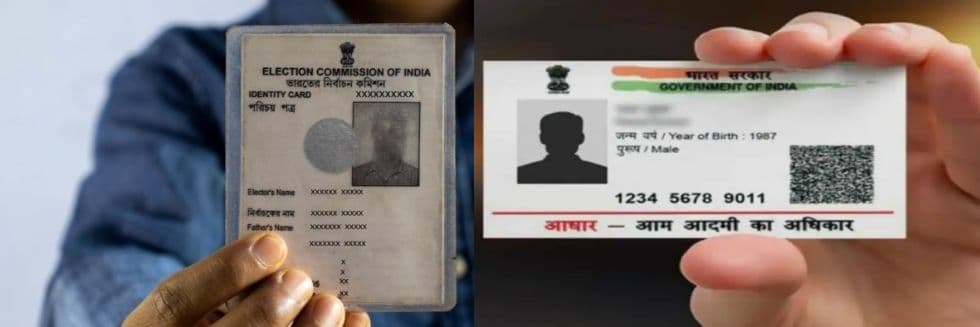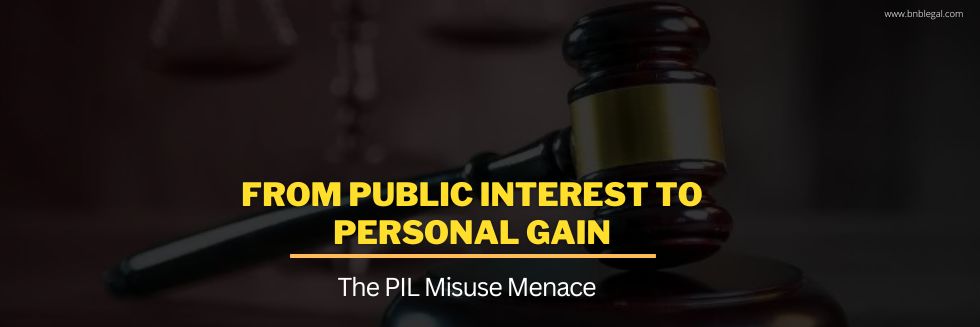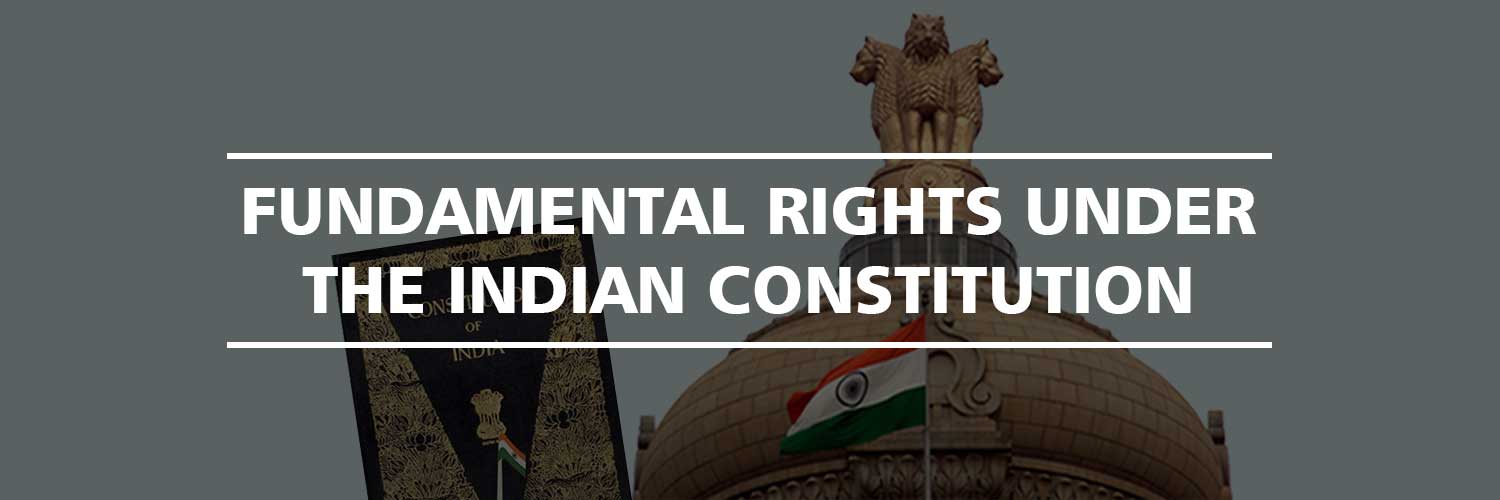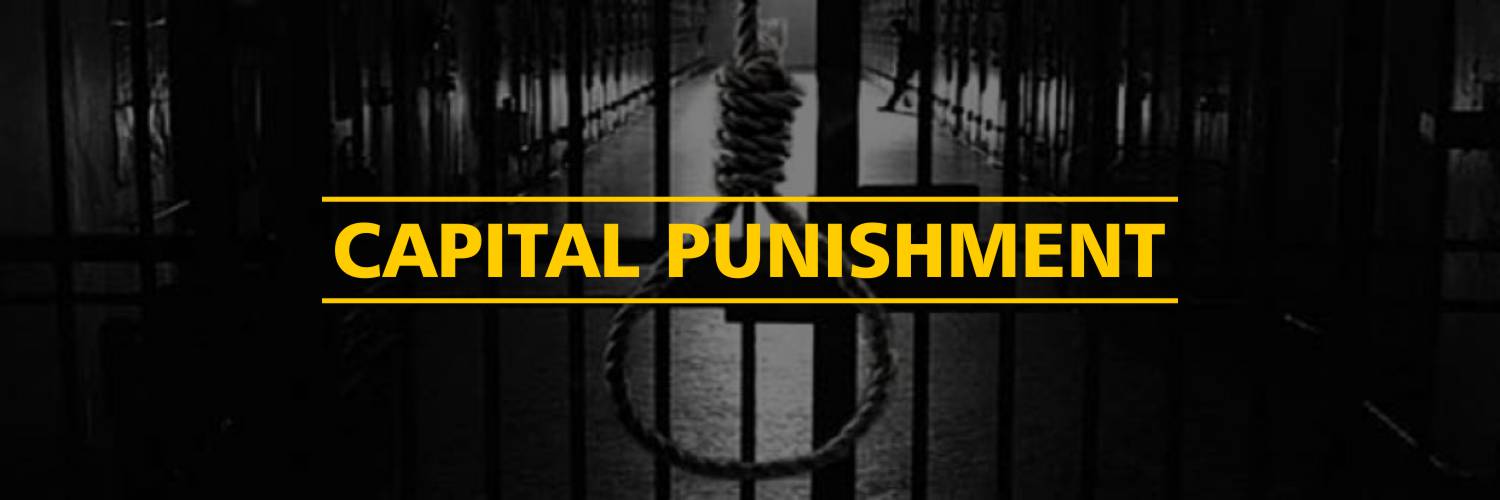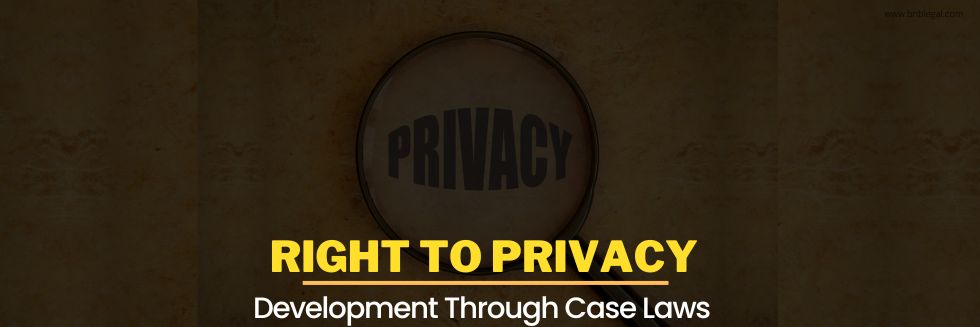Rajya Sabha on Tuesday passed the controversial Election Laws (Amendment) Bill, 2021, which aims at linking electoral roll data with the Aadhaar ecosystem, amid opposition walkout. After a three-month drive to link Aadhaar to Voter IDs in 2015, over 27 Lakh voters’ data was deleted.
The Bill was passed in Lok Sabha on Monday. The bill seeks to weed out fake voters from the electoral rolls and to make voting a gender-neutral procedure. The will further amend the Representation of the People Act, 1950 and the Representation of the People Act, 1951.
“The Election Laws (Amendment) Bill proposes to replace the word ‘wife’ with ‘spouse’ to make the act (Representation of the People Act of 1951) gender-neutral. It will also expand the limits of the election premises acquisition. Even after 18 years, the system said that one has to wait a whole year to exercise their voting rights if they could not register on January 1 (of the year of revision of electoral roll). This bill will allow 4 qualifying dates a year to register as voters,” said Law Minister Kiren Rijiju.
He also mentioned all the benefits of linking Aadhaar with voter ID.
The Bill proposes to electoral registration officers to get Aadhaar numbers from “persons already included in the electoral roll for the purposes of authentication of entries in the electoral roll, and to identify registration of the name of the same person in the electoral roll of more than one constituency or more than once in the same constituency.
Who Supported and Who Opposed The Election Laws (Amendment Bill)?
The opposition had moved a motion to send the Bill to the Select Committee but their demand was rejected by the voice vote. They raised the objections as the Bill was passed by voice votes and not by division vote.
The opposition raised objections over the decision of Deputy Chairman of Rajya Sabha Harivansh to not allow the division of votes. The request to send the Bill to the Select committee was also rejected.
Trinamool Congress MP Derek O’Brien threw the rule book on officials’ table and walked out. Members of Congress, TMC, Left parties, DMK and NCP also staged walkouts from the House.
On the other hand, BJP, JD(U), YSRCP, AIADMK, BJD and TMC-M supported the Bill stating that it will eliminate fake and duplicate voters from the electoral rolls.
A lot of reasons were presented to believe that why linking Aadhaar with voter ID is a dangerous idea.
“Doing Same Thing You Did On Farmers Bill”: Why Opposition Is Objecting To Aadhaar-Voter ID Linking?
The supporters and opponents highlighted the pros and cons of linking Aadhaar with voter ID. Trinamool Congress MP Derek O’Brien raised his concern that Harivansh is doing the same thing that was done with the farm bills. The three contentious Bills, which have now been repealed, were also passed through a voice vote and Harivansh was in the chair during that period too.
“You [Harivansh] announce division, members will go back to their seats,” said a Congress MP while protesting in the Well of the House.
“There was no tradition to seek division of votes while protesting in the Well. Let the country see, you do not want division,” replied Harivansh.
“The poor people who do not have Aadhaar will be excluded from its ambit,” said Samajwadi Party MP Ram Gopal Yadav.
Congress MP Ami Yagnik submitted, “the Bill was in violation of the right to privacy guaranteed by the Constitution and will lead to the disenfranchisement of many voters.”
However, there were people who supported the Bill but suggested some amendments. Sujit Kumar from Biju Janata Dal was one of those voices.
While highlighting the disadvantages of linking Aadhaar with voter ID, Kumar said, “The linkage of Aadhaar and voter IDs would allow profiling and disenfranchisement of voters on the margins of society. He also said that the provision to link the two might allow “targeted political advertisement”. If the purpose is to establish identity, the Aadhaar number can be linked to voter ID…Why link the entire Aadhaar database?”
“Today in the Rajya Sabha the Chair didn’t even allow a vote on the Opposition motion to send the Electoral Roll-Aadhaar Bill to a Select Committee. The Opposition walked out in protest. Like the farm Bills, this Bill too was passed most undemocratically!,” tweeted Jairam Ramesh.
What Is The Difference Between Voice Vote and Division Vote?
A voice vote is when the chairman of the house puts a question to the house and then asks members to put forward their opinion in the forms of ayes (yes) or noes. Then, based on the rough measure of which opinion is much louder, the speaker decides whether the motion should be passed or fell through.
On the other hand, voting by division includes actual voting by every member of the house in favour or against the motion.
The opposition had requested to allow the division of votes as this is an accurate way to have the exact idea about people’s opinions. But Harivansh overruled the opposition demand to allow division of votes.
A shouting match, the voice vote cannot be an ideal way to decide serious business. Both approaches are borrowed from the Parliament of the UK.
Possible Dangers Of Linking Aadhaar-Voter ID
This Bill has come up with a lot of questions in your mind. Several opposition leaders, lawyers, and privacy rights activists have raised concerns about the Bill. They are concerned about the misuse of Election Laws (Amendment) Bill, 2021. The major problems of linking Aadhaar to the Voter ID include
1. Absence of a Law to Protect Personal Data
Justice (retired) BN Srikrisna, who was the chairman of the Committee that drafted the Personal Data Protection Bill, considered the proposal the “Most Dangerous Situation”. PDPB seeks to govern the collection, recording, indexing and even disclosing of personal data. Justice Srikrisna further added that it is completely wrong to introduce policies which involve citizens’ data in the absence of proper law related to data protection.
2. Lack of Clarity on the Mechanism of Integration
“if [the government] can collate the data, [it] can profile human beings. The absence of robust data protection standards and the fractured experience of previous integrations highlight the precariousness of this move. Instead, we would argue that until the PDPB is enacted, and the technical details of such an integration are made available to the public, this proposal should not move forward” said Justice Srikrisna.
3. Possibility of Disenfranchisement of Voters
As per the sources, the move can lead to abuse and undermine the integrity of the voter roll in the absence of Personal Data Protection law. Using demographic information such as a driving license or caste certificate to obtain an Aadhaar card could be harnessed by the EPIC database. Ultimately, this information could be used for targeted political campaigning and possibly, disenfranchisement.
4. Danger of Leaks
The activists are concerned about the privacy part considering the 2019 leak of Aadhaar data of 7.8 crore residents from the states of Andhra Pradesh and Telangana. The data was also linked to the voter database. It was alleged that it was being used for voter profiling and target campaigning.
5. Problematic Clause
There is one clause that makes the opponents more worried which says, “No application for inclusion of name in the electoral roll shall be denied and no entries in the electoral roll shall be deleted for inability of an individual to furnish or intimate Aadhaar number.”
The provision is qualified with the phrase “due to such sufficient cause as may be prescribed”.
The concern raised in that case is that the phrase gives the power to the Union government to stipulate the “sufficient cause” for which a person will be exempted from producing their Aadhaar. These individuals could be allowed to produce an alternative document that may be prescribed later by the central government.
A Precedent For An Absolute Fail Of A Drive To Link Aadhaar-Voter ID
The efforts to link the Aadhar Card with the Voter ID had started in 2015. IDs of over 30 Crore people have been linked before the initiative was stayed by the Supreme Court considering a plea challenging the constitutionality of Aadhaar.
In 2015, the Election Commission had linked Aadhaar to the Voter ID list. Following that move, over 55 lakh names were deleted from the voter database of two states, Telangana and Andhra Pradesh.
In March 2015, the Election Commission of India had launched a National Electoral Roll Purification and Authentication Programme to link the Aadhaar to Voter IDs and delete the names that had been duplicated.
Taking note of the plea challenging constitutionality of Aadhaar, Supreme Court issued an interim order. The order prohibited use of Aadhaar for any purpose other than Public Distribution Scheme, cooking oil and LPG distribution scheme. As per reports, over 30 crore voter IDs were linked during that three-month drive.
The disaster came to light three years later in 2018. During the 2018 Assembly elections in Telangana, lakhs of voters found their names missing from the voter list. The opposition estimated that list to be 27 lakh voters and some have reported the figure to be 30 lakh.
A similar incident was reported in Andhra Pradesh when out of a total voter base of 3.71 crore voters, over 20 lakh voters found their names missing from the voter list.
Election officials claimed it to be a result of the migration of voters between states due to the bifurcation of Andhra Pradesh in 2014 or the deletion of duplicate names. However, research done by media houses proved the claims false and suggested that the deletions occurred due to Aadhaar-Voter ID linking.
A right to information report revealed that there was no proper door-to-door verification of voters whose names were to be deleted.
213 Ration Card Samples Deleted After Linked To Aadhaar Card
In a study conducted by Abdul Latif Jameel Poverty Action Lab, it was found that 213 ration card samples were deleted after Aadhaar was linked to ration cards in Jharkhand during 2016-2017. Among them, only 12 % were the legitimate deletion while 88 % belonged to the families who had valid claims to the cards.
Optional Or Mandatory: Is It Mandatory to Link Aadhaar to My Voter ID?
In 2013, the Supreme Court had ordered that Aadhaar Card should not be mandatory. Though it was maintained that it is voluntary, the government made Aadhaar mandatory for several services. The government introduced the Aadhaar Act in 2016 and made it compulsory to access several facilities and services.
After the 2019 amendment in the Aadhaar Act, citizens could choose whether they wanted to give their Aadhaar data to private entities. But, it is not implemented properly.
How Can I Link My Aadhaar Card With Voter ID?
The process to link Aadhar to voter ID is not too lengthy. You can link it either via internet, SMS, phone call, or by visiting the concerned booth level officer. You can visit the site https://voterportal.eci.gov.in/ to link your Aadhaar to Voter ID online.
This article is written by Varsha. You can reach out to the author via email at bnbvarsha@gmail.com.
